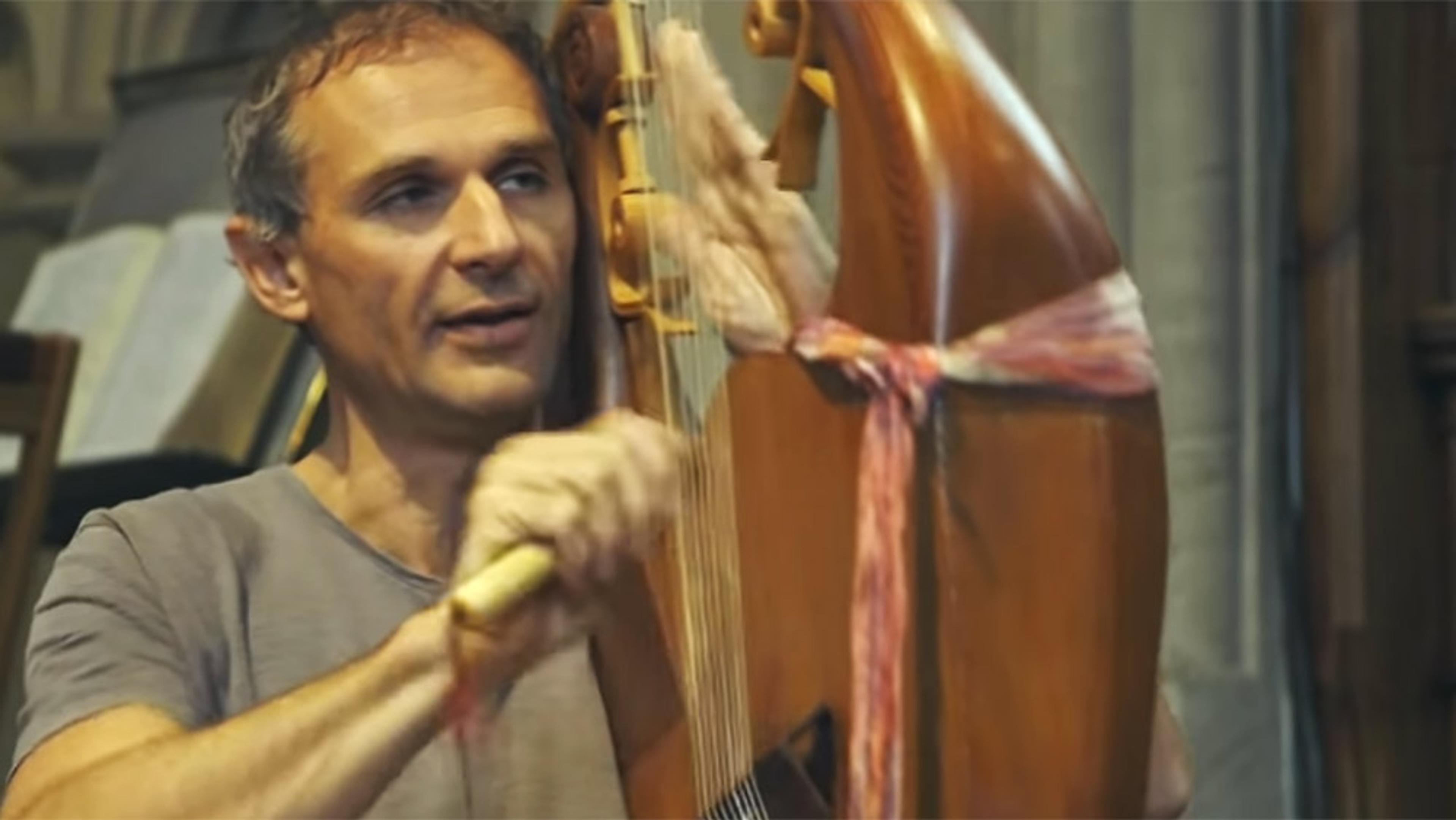‘We find music wherever there are people,’ says the professor and musician Milton Mermikides near the opening of this lecture at Gresham College in London, in which he sets out to make sense of why that’s the case. Taking the audience on a journey that begins with an image of a 30,000-year-old flute carved from a wooly mammoth tusk and ends with an audiovisual rendering of Eclipse (1973) by Pink Floyd, Mermikides traverses musicology, anthropology, psychology and neuroscience to detail the myriad ways music triggers our primal instincts and activates our emotions. Brimming with fascinating examples and moving moments, Mermikides offers captivating insights into the many things humanity has learned about our love of music, and what remains a mystery.
Photo by Ardian Lumi/Unsplash
An Oceanic lullaby, ‘Gimme Shelter’ and more elucidate how music taps into our emotions
Video by Gresham College

videoMusic
Music might be quintessentially human, but does it serve a purpose?
4 minutes

videoHistory of ideas
Music is marvellous, but not mysterious: an interview with Lydia Goehr
6 minutes

videoMusic
Electronic gloves and even potted plants make music in a playground for sound innovation
6 minutes

videoMusic
Music was ubiquitous in ancient Greece. Now we can hear how it actually sounded
16 minutes

videoMusic
Can biofeedback help to unlock the mysteries of music’s therapeutic effects?
6 minutes

videoSubcultures
How the deaf experience of music can enrich music for everyone
12 minutes

videoCognition and intelligence
No, Mozart isn’t a brain hack for babies – here’s how music really affects intelligence
5 minutes

videoTeaching and learning
It’s great to learn music as a child – except when it’s no fun at all
10 minutes

videoArt
Background music was the radical invention of a trailblazing composer
17 minutes